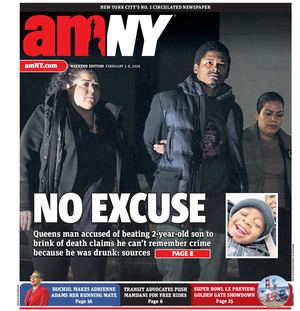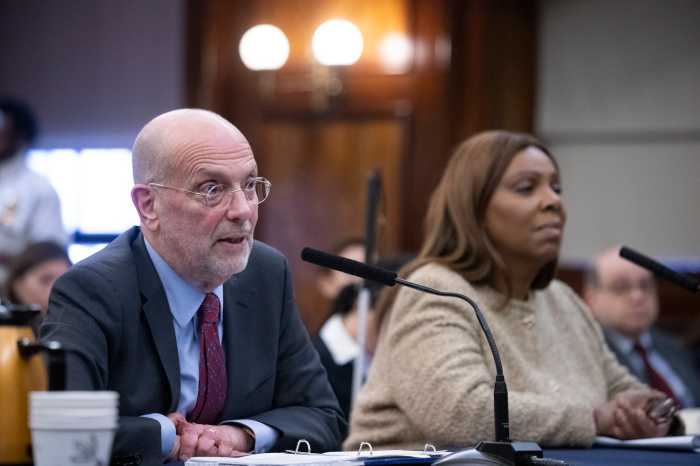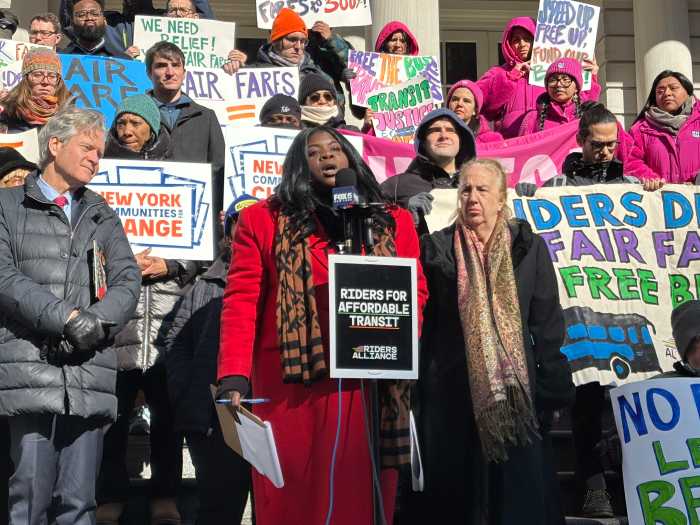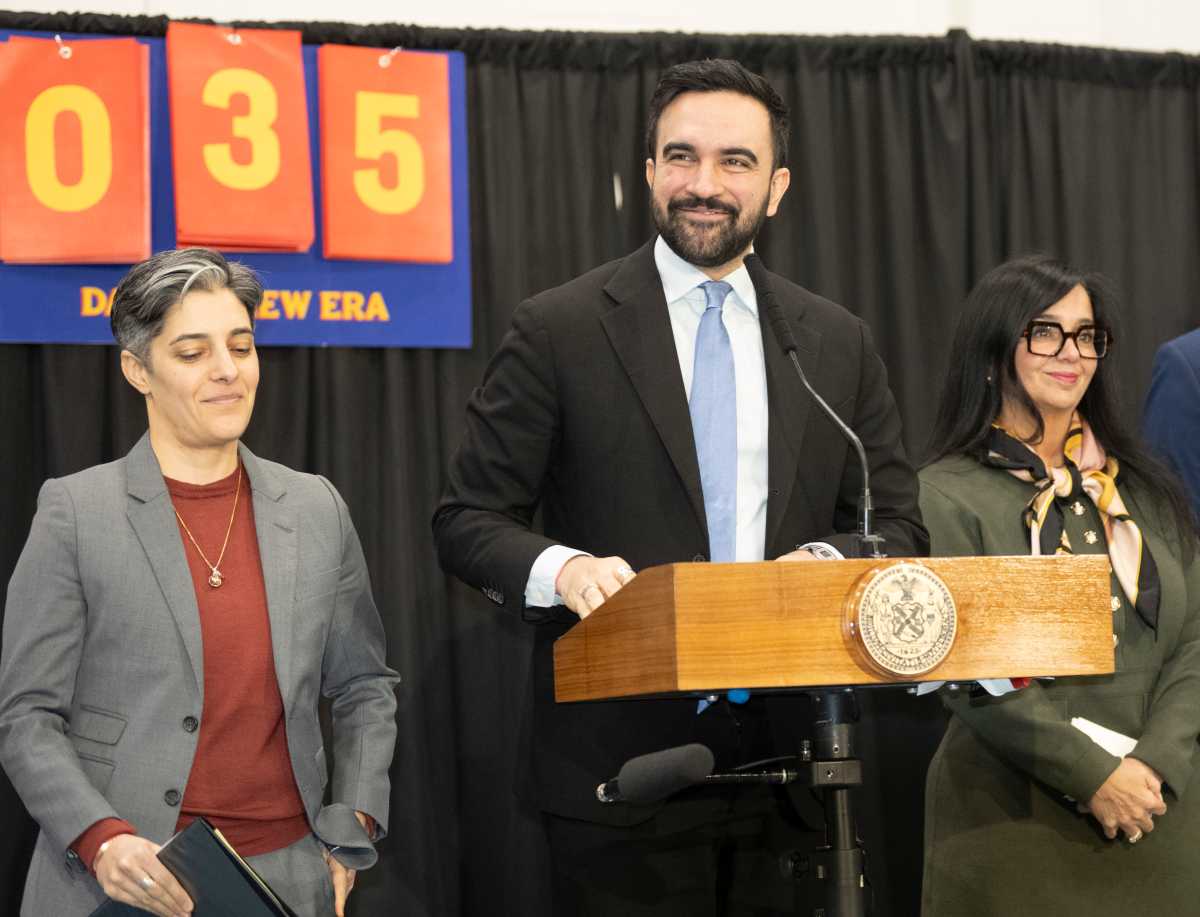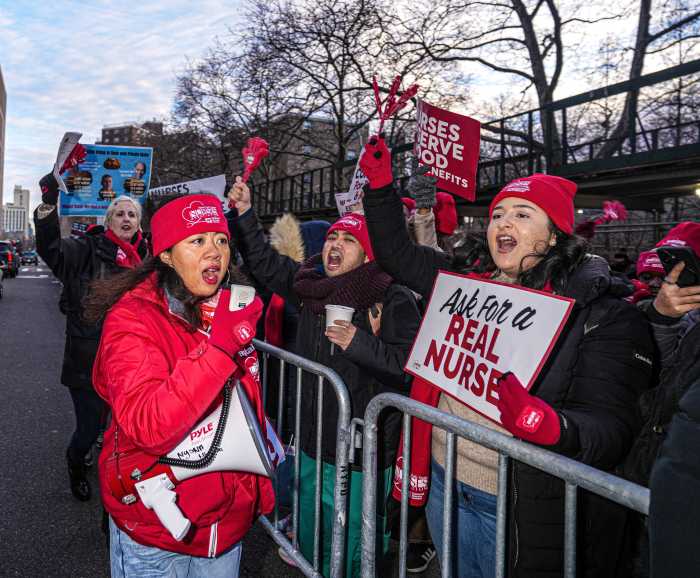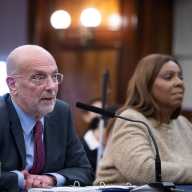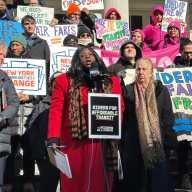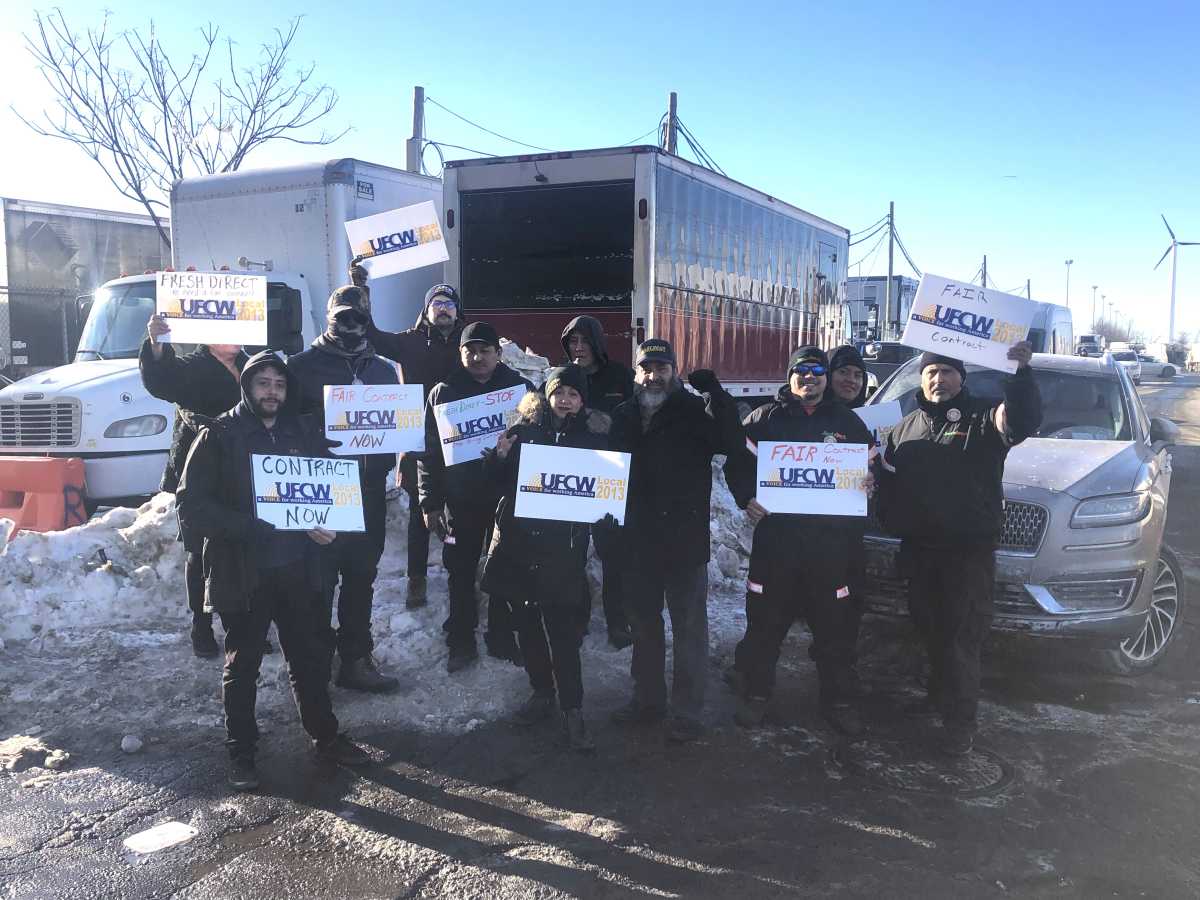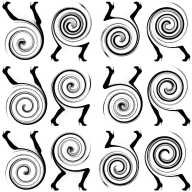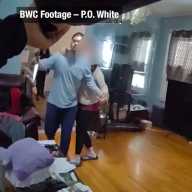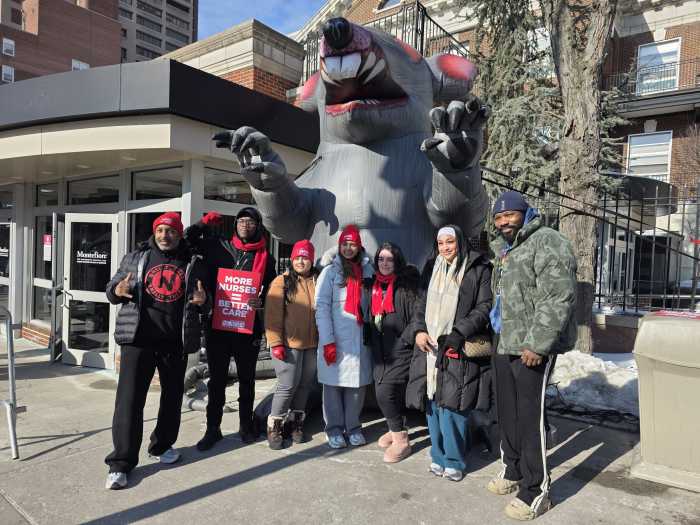New York City is seeing historically low levels of HIV and AIDS diagnoses, according to a report released by the health department Monday.
The number of HIV cases dropped 40% between 2003 and 2014, according to the health department’s annual HIV surveillance report, which was released to coincide with World AIDS Day.
Last year there were 2,832 diagnoses, down from 4,744 in 2003.
Health and elected officials, however, say the virus is still a major problem in poor and minority communities.
“Over three decades into the fight against this epidemic, this is something that we should recognize as success. Clearly, however, our work is far from over,” Council Speaker Melissa Mark-Viverito said in a statement.
The report said the consistent decrease in HIV/AIDS diagnoses and deaths since its peak in the mid-90s was due to an increase of awareness, testing and preventive care. Campaigns like the Bronx Knows and Brooklyn Knows, where the city provided HIV testing and link them to providers that provided medical assistance, helped 1.6 million people since 2008.
Still, there are still pockets in the city’s population that still need help, according to the health department.
About 75.8% of last year’s HIV diagnoses were black and Latino men and women, and they represented more than three quarters of the 1,527 HIV and AIDS related deaths last year, the report said.
About 36% of the 2013 HIV/ AIDS diagnoses were people in their 20s and Manhattan led the city with 741 new cases, according to the city’s health department. The neighborhoods with the highest diagnosis rates were in neighborhoods with high poverty including Central Harlem, Williamsburg, Bed Stuy and Crown Heights. Chelsea was the only neighborhood with a high HIV prevalence but low poverty.
Kelsey Louie, chief executive officer of Gay Men’s Health Crisis, said many minority gay New Yorkers still face barriers to effective prevention and treatment, such as poverty, fear of homophobia and religious and cultural obstacles.
“It is imperative that we collectively address the structural drivers that are fueling new HIV infections,” he said in a statement.
The city’s health department, said it plans to counter this stigma with two new campaigns.
The #BeHIVSure social media initiative encourages New Yorkers to get tested and features posters with RuPaul’s Drag Race star Carmen Carrera. The NY Knows well campaign will build off the Bronx and Brooklyn iterations and provide assistance to New Yorkers by pointing them to the HIV/AIDS nonprofits and other organizations.
Councilman Jumaane Williams, who represents Flatbush, commended the city for its latest push to help inner city New Yorkers.
“With the amount of free and low-cost support services available, every Brooklynite can know and should know their HIV status,” he said in a statement.
